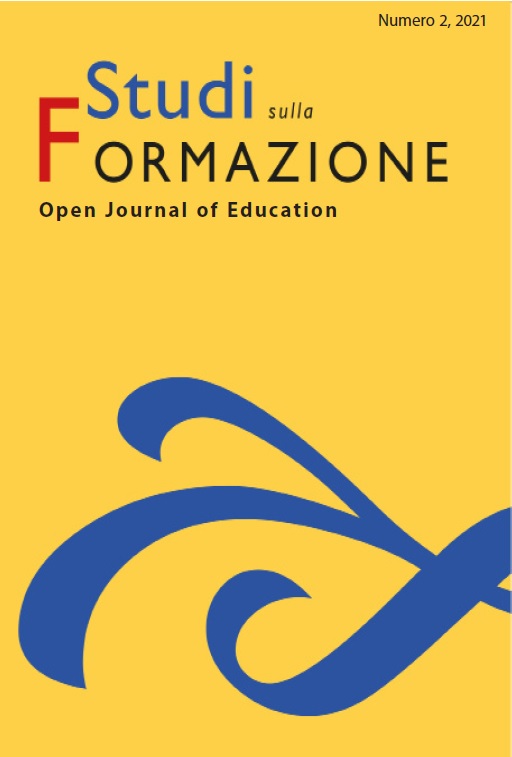Published 2022-02-27
Keywords
- Ethos,
- Normativity,
- Nomos,
- Universalism,
- Critical Pedagogy
How to Cite
Abstract
In the general context of the discussion on ethic issues, a dichotomy is proposed: on the one hand, the insistence on the universality of fundamental rights; on the other, beyond any juridical-philosophical relativism, the emphasis on the opposition between redistributive forms and recognition, in a view, so-called normative. It is evident to find, in this dichotomy, the different fundamental theoretical references, that is, on the one hand, the permanence of the Kantian categorical imperative as a “duty”, and on the other the Hegelian position of law as the reversal of “universal Reason” which, in turn, becomes immanent history. On this fruitful track, which forces one to reckon with the practicality of subjective experience, critical pedagogy is confronted with that axiological dimension, which highlights in the individual and collective ethos one of the main sources of human formation and education.


